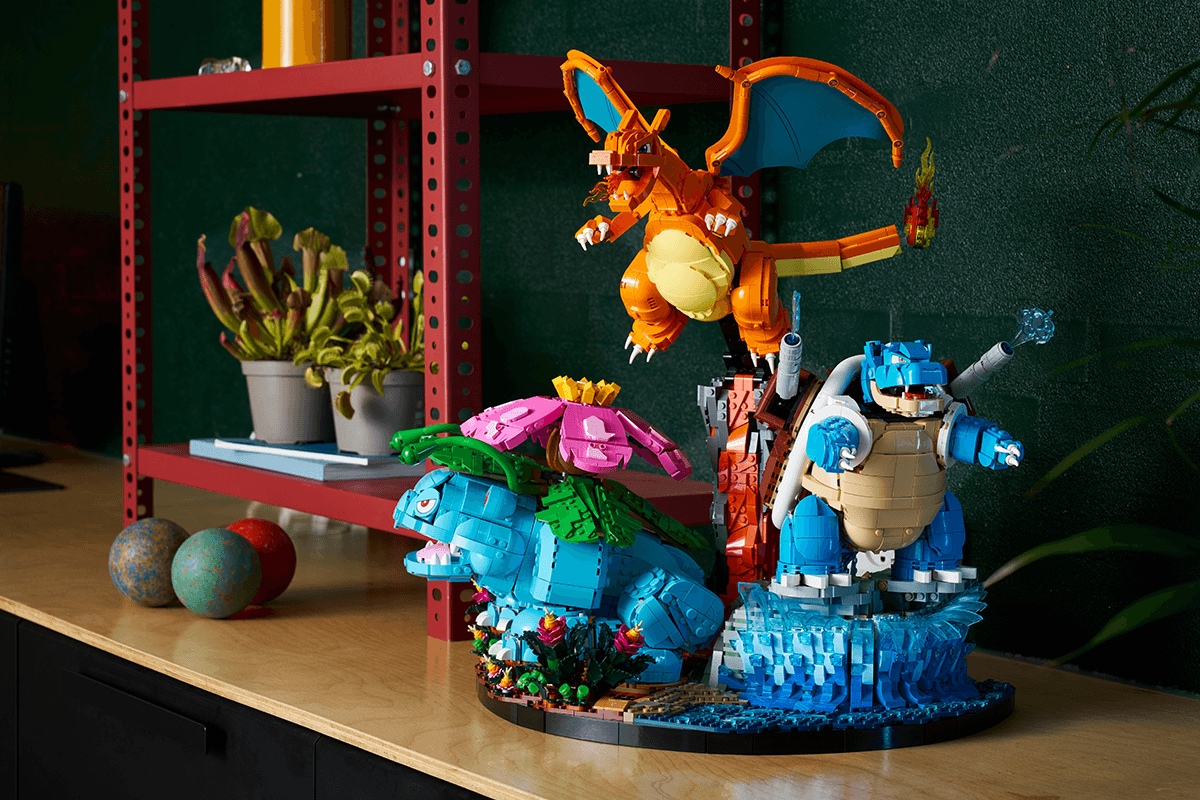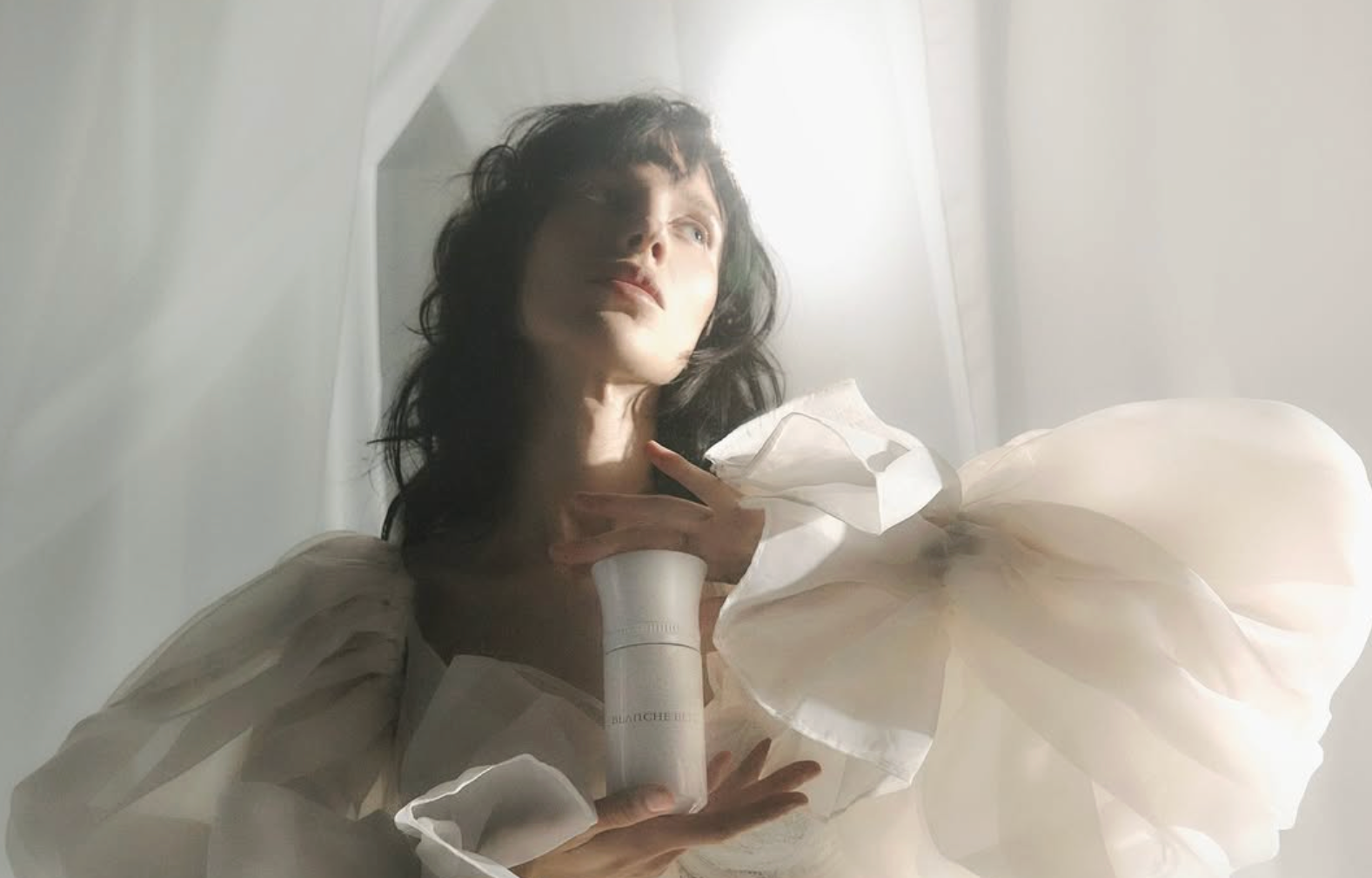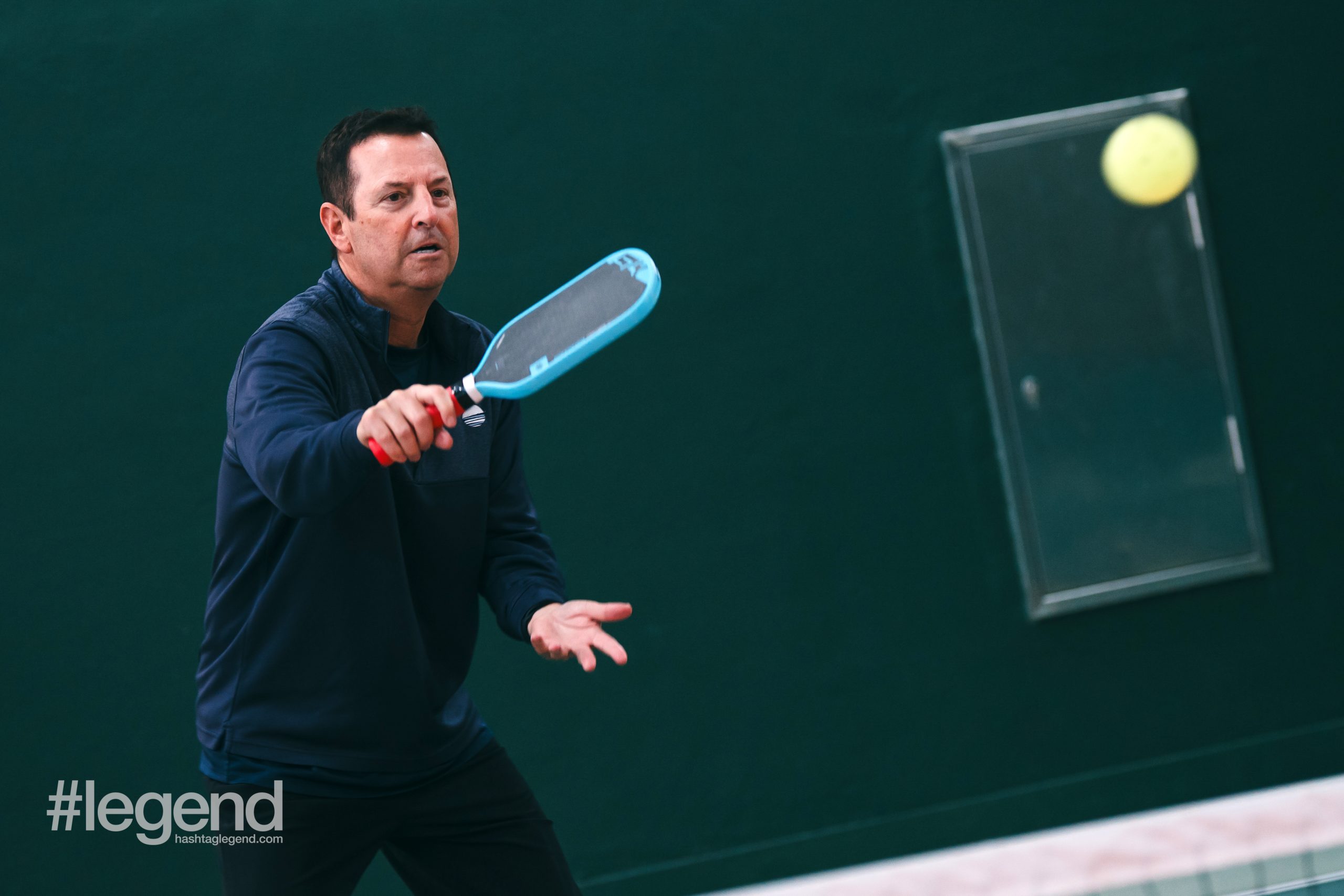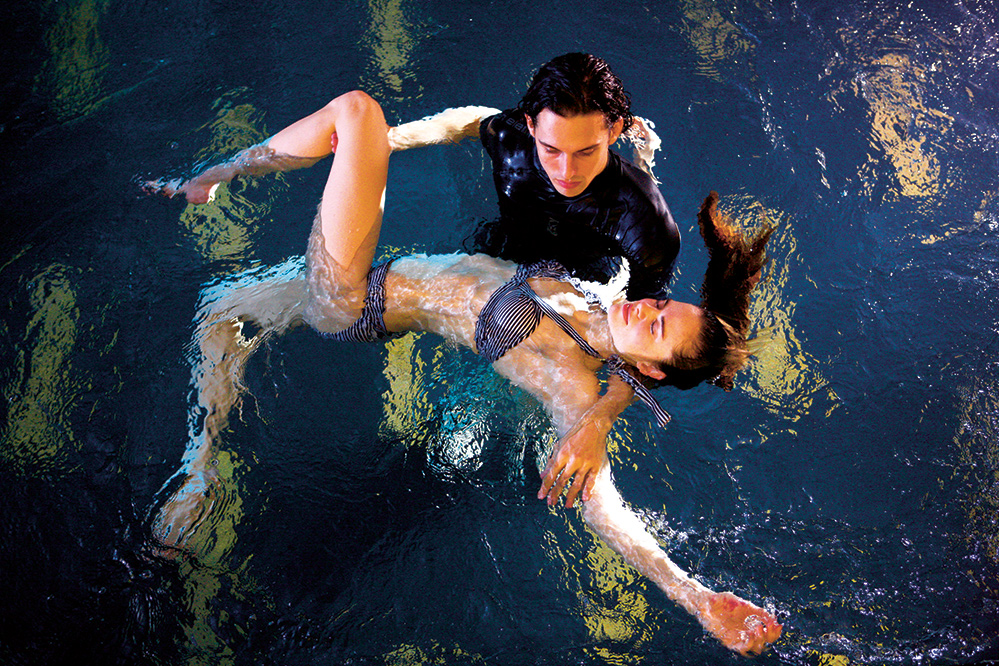
“One of my legs is ever so slightly shorter than the other, so my hip is a bit twisted,” I confess in reply to the Watsu therapist’s preliminary enquiry about the general state of my body. “That’s very common, so don’t worry. Anything else?” says the therapist. I pause before adding: “I’m not very confident in the water.” I try to gauge his reaction. “Actually, I really don’t like my face being underwater.” Considering that I am about to undergo 90 minutes of aquatic bodywork treatment in a Watsu pool, I expect this revelation to make more of a splash than it does.
Instead, my therapist, Steve Karle, smiles reassuringly, and asks if any specific incident caused my fear. It’s a question I’ve often asked myself. My fear is a hassle.
A few summers ago I failed a lifeguard course because I just could not get my body to stay underwater. It was as if I was superhumanly buoyant. But no matter how deeply I dived into my memory, seeking an answer to Karle’s question, I came up empty-handed. No single incident caused my fear. I just instinctively yank my face out of the water, to escape the pressure squeezing my chest, to feel the air.
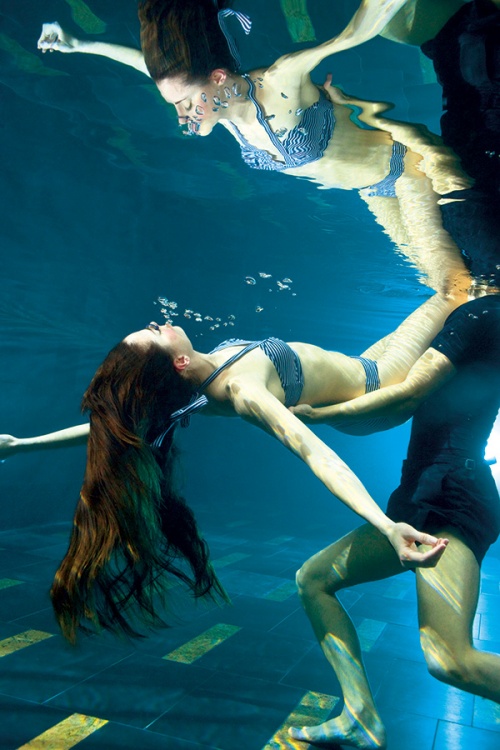
“No, nothing specific,” I eventually answer. “OK,” says Karle, “then let’s get started.” Karle is a craniosacral therapist and director of the British School of Aquatic Bodywork, the name most Watsu practitioners use to describe their craft. Karle established Poetry in Water, a wellness atelier specialising in aquatic bodywork, bringing Watsu to London in 2010. He has set up two Watsu centres there, at the Akasha spa at the Hotel Café Royal and at the South Kensington Club. He’s also the founder of Aman Resorts Watsu programme and trains its practitioners, most recently at Amanzoe in Greece and Amanemu in Japan. Our session takes place in the Akasha spa, built beneath colourful and chaotic Regent Street. Going underwater while underground doubles the feeling of immersion. As in the film Inception, it’s like being in a dream within a dream.
Karle’s approach is intended to reset the muscle memory and so smooth out impediments to movement, such as holding patterns, emotional issues and trauma stored in the body. The water in the pool is a neutral 35 degrees Celsius. As we get in, I am curious, but calm and collected – confident, almost. Then Karle asks: “Do you suffer from motion sickness?” I stare back at him. I had been so worried about my face being submerged that I neglected to mention my susceptibility to seasickness. I get dizzy in a lift if it ascends too quickly. I’ve been known to wobble off a swing because of nausea. I certainly never board a boat without prophylaxis. The answer reels out: “Yes, I do, quite badly in fact.”
Again, Karle seems unfazed. He tells me that we can stop anytime. All I have to do is say the word. He probes further: “And water in your ears? Is that OK?”
I’m determined to not be his worst client ever. “Yes,” I reply, firmly, and then hedge: “I mean, well, I get earaches easily. Actually, I had earache for about a year. But I’m fine. It’s fine. This will be fine.” Before I can summon another reason for being wholly unsuited to the treatment, we begin.
The beginning is simple enough: pressing my back against the side of the pool and bending my knees. I walk slowly to the centre of the pool. It isn’t a deep pool. With my knees bent, the water reaches no further than my shoulders. I close my eyes and work on my breathing.
I can feel the resistance to the expansion of my chest when I breathe in, the water pushing back. Deftly, Karle fastens flotation bands to my legs, so deftly that I was unaware of them until he had done it. The bands lift my legs until I’m floating on my back. One of Karle’s fingers supports my spine with the lightest of touches.
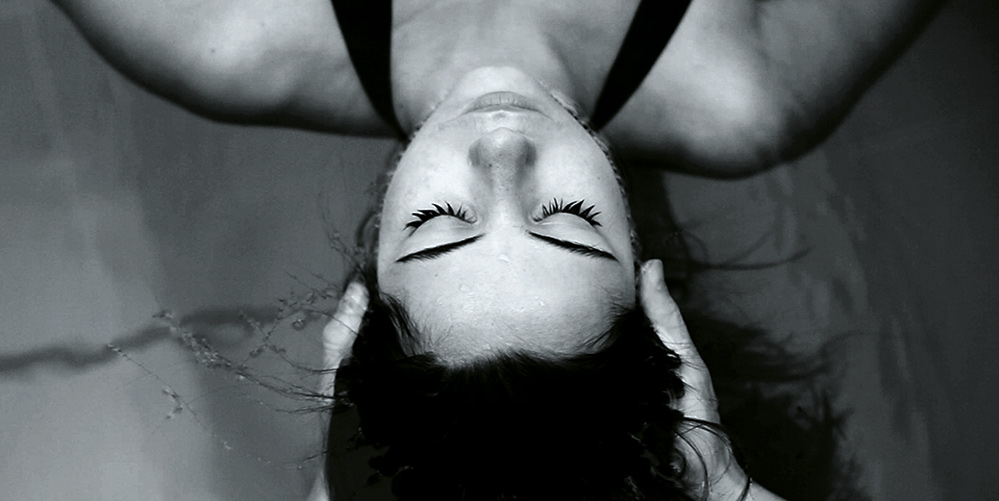
The water in my ears blocks out the spa’s ambient music. All those panpipes and flutes are wasted on me. I’m left with my internal chatter. It’s a cacophony in there. All of the day’s tensions, unsolved problems, low-level anxieties and self-consciousness swirl in the whirlpool of my mind.
Am I doing this right? Despite Karle’s assurances that there is nothing for me to do but float as he gently twists my body, I worry that I’m messing up his treatment. Is it rude to close my eyes? Is it ruder to keep them open?
Before my session began, Karle told me that some people fell asleep during treatments and that others started laughing, crying or shaking. If that sounds weird, then consider how often in our adult lives we wrap ourselves in silence and succumb to weightlessness. Guided by a careful hand, gliding through the water, this is perhaps the closest to being back in the womb we’ll ever be.
As Karle raises my arm and pulls me across the surface, I feel the most graceful version of myself. I’m reminded of playing in the Mediterranean as a child, pretending to be a mermaid. I felt so at home in the water then. What happened? Then, just like that, nausea sets in. It builds and builds until I have to ask Karle to stop. I wonder what the protocol would be if a client threw up in the water. “Are you OK? Should we stop or carry on?” he asks.
I steel myself and we continue, with the caveat that should I feel sick again, I should try to sit with that feeling, allow it to happen. I think of my childhood comfort food – char siu with rice – and I try to sit with that feeling.
The gracefulness has left now and I can feel my full weight returning by the time Karle is massaging my hands and feet. He had explained that it’s normal to feel “a bit out of it”. What I feel is that I’m completely unmoored. The debriefing and my hasty shower are just a blur. I rush out of the spa into Regent Street and scoot over to Chinatown, where I order char siu with rice.
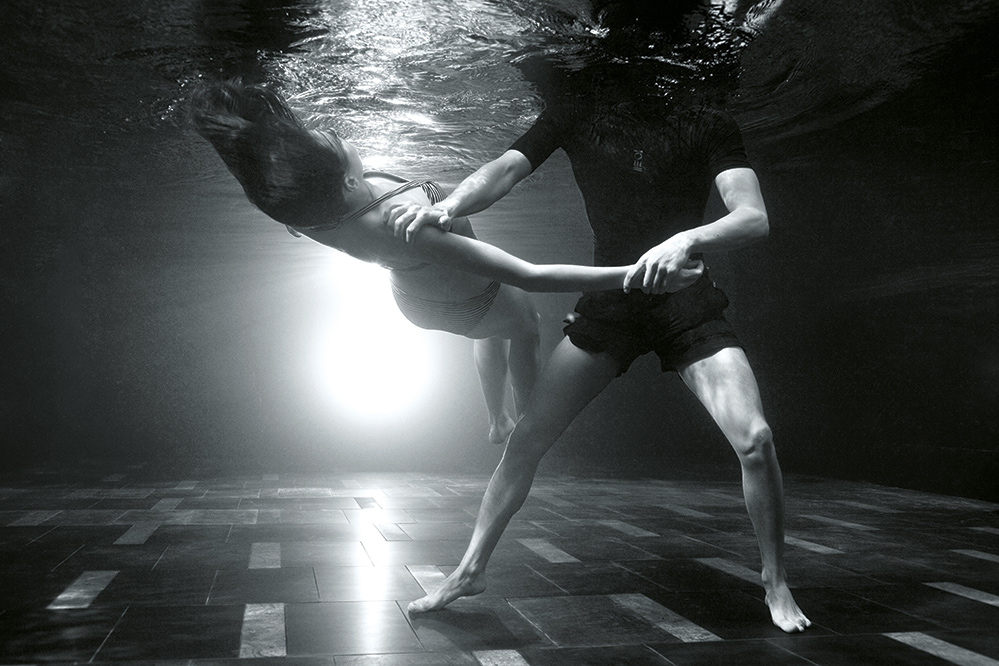
It is in the following days that I feel the difference.
I sit more upright at my desk and my upper back no longer aches as I type. An email from Karle pings. He offers some post-session recommendations. “Things do come up sometimes when having such deep work but usually a greater state of balance is felt after some time,” he writes. “I do hope that was the case.”
Strangely enough, it was.




